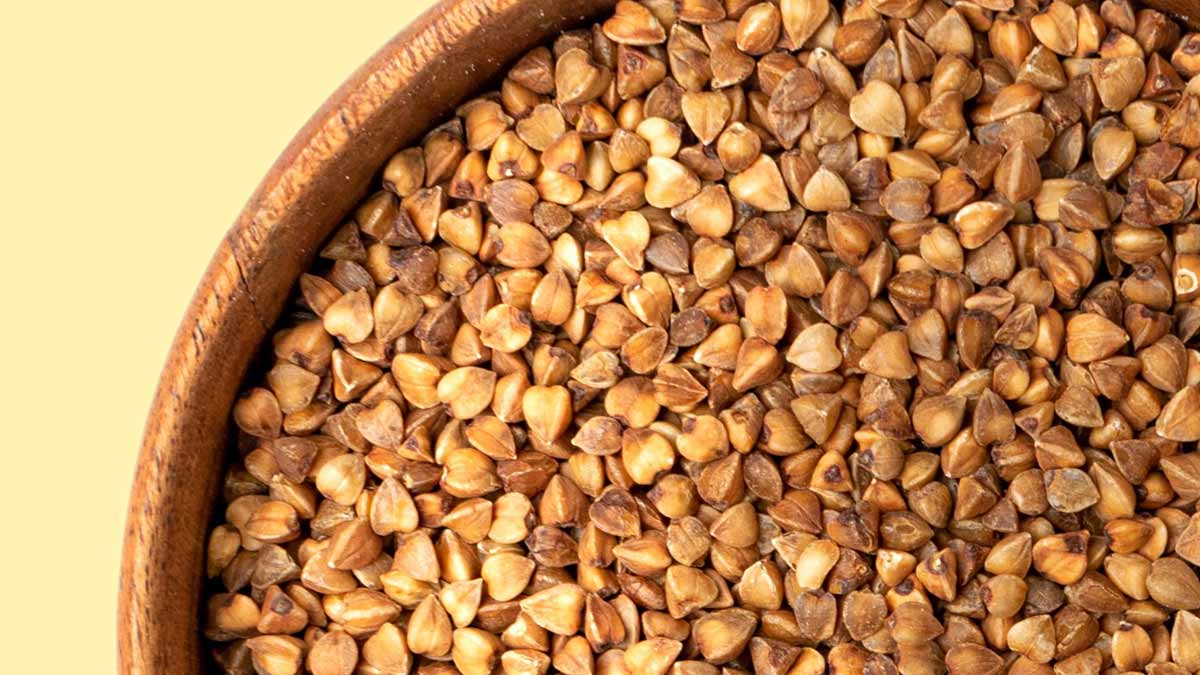
A cup of cooked buckwheat has 4 grams of fiber. Much of it is the soluble type, which may help reduce cholesterol levels. It’s also rich in resistant starch. This form of carbohydrate is similar to fiber in that it isn’t digested, so it doesn’t raise blood sugar (glucose), and it acts as a prebiotic, or fuel for the healthy bacteria that live in your gut.
“Buckwheat is a complete protein, containing all nine essential amino acids in balanced amounts,” Shiue says. Although animal proteins are complete proteins, too, most plant foods only supply some of these amino acids, making buckwheat a good protein source for vegans. One cup cooked has 5 grams of protein.
Antioxidants are another benefit of buckwheat, standing out as a top source of a type called rutin, Shiue says. Antioxidants are substances that counteract free radicals. These compounds develop as part of normal cell metabolism, but if left unchecked can cause cell damage that may increase the risk of various diseases. Some evidence suggests that rutin protects against cardiovascular diseases because it may help maintain healthy blood vessels—important for blood pressure control—lower cholesterol, and reduce chronic inflammation, which can damage various tissues in the body.
Buckwheat also serves up decent amounts of several key vitamins and minerals. One cup cooked offers:
• 25 percent of the daily value for vitamin B6, which is involved in over 100 enzymatic reactions in the body.
• 20 percent of the daily value for magnesium, a mineral that helps with heart health and nerve and muscle function that many people fall short on.
• 10 percent of the daily value for niacin, a B vitamin that helps your body turn food into energy.
• 10 percent of the daily value for zinc, important for immune function
These benefits make buckwheat flour a healthier ingredient than other flours often used in gluten-free packaged foods. For example, rice, tapioca, and cassava flours are low in protein and fiber and have negligible amounts of other nutrients. You can find cereal, crackers, crispbread, granola, baking mixes, and pancake mixes made with buckwheat. If you have to avoid gluten, be sure to read ingredients lists carefully, however. Some products contain a mixture of buckwheat and wheat flour.









